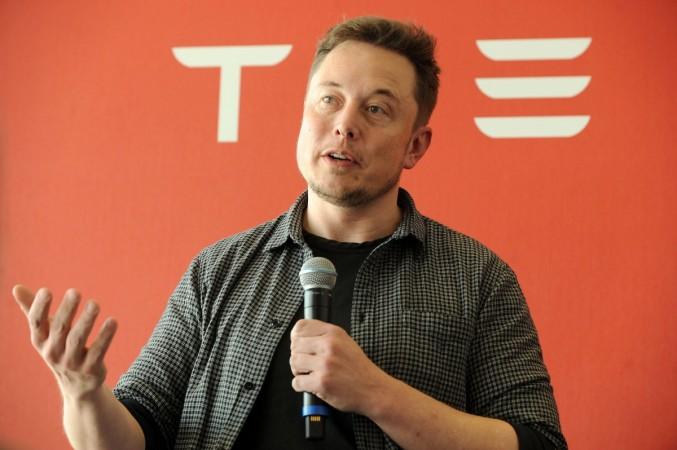
SpaceX founder Elon Musk believes humans need to become a multi-planetary species to avoid the risk of extinction.
Also Read: Human Colonization on Mars: Sex in space remains a major concern for scientists [VIDEO]
A new study reveals that Musk has the vision to create a self-sustaining city on the Red Planet. The 45-year-old has shared his ideas about the cost of transporting humans to Mars, how to make the journey affordable and how many spacefarers can be sent without making it too crowded.
Musk even stated that it would take 115 days to reach the planet. According to him, around a million inhabitants can create a self-sustaining city on the Martian surface. Musk believes that the city can be built on Mars within our lifetime, over a total span of 40-100 years, according to Science World Report.

Musk also revealed that a comprehensive review of the system architecture is needed for a rocket and spaceship capable of transporting people and supplies to Mars.
According to Musk, a major challenge presently being faced by the engineers and scientists is the need to reduce the cost per tonne of transporting materials to Mars by five million percent.
"By talking about the SpaceX Mars architecture, I want to make Mars seem possible - make it seem as though it is something that we can do in our lifetime. There really is a way that anyone could go if they wanted to," said Musk, founder of the US-based space transport services company, PTI reported.
"History is going to bifurcate along two directions. One path is we stay on Earth forever, and then there will be some eventual extinction event. I do not have an immediate doomsday prophecy, but eventually, history suggests, there will be some doomsday event."
"The alternative is to become a space-bearing civilisation and a multi-planetary species, which I hope you would agree is the right way to go," he added.
Musk even advised that humans should consider colonising on the Red Planet instead of Moon because the Moon lacks an atmosphere and it contains lesser resources compared to Mars.














